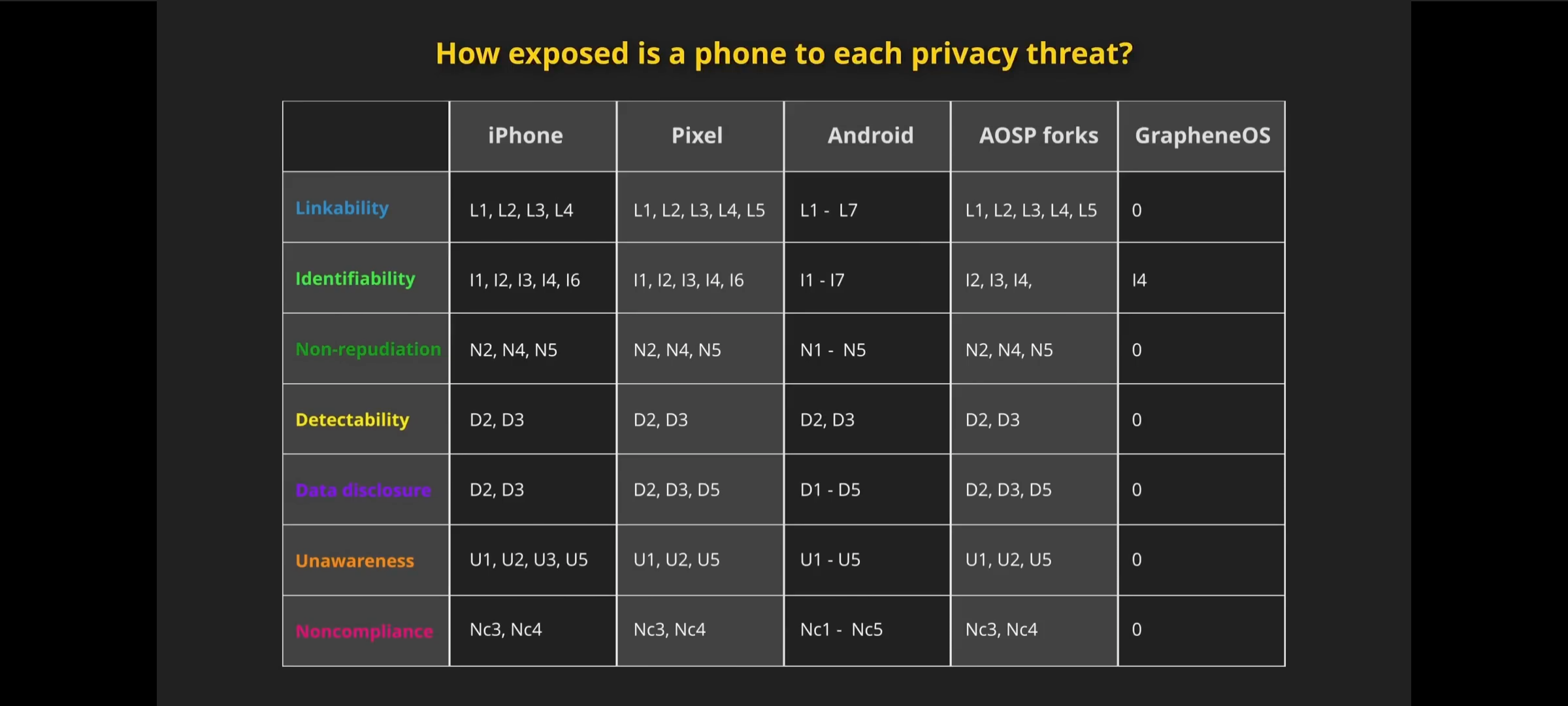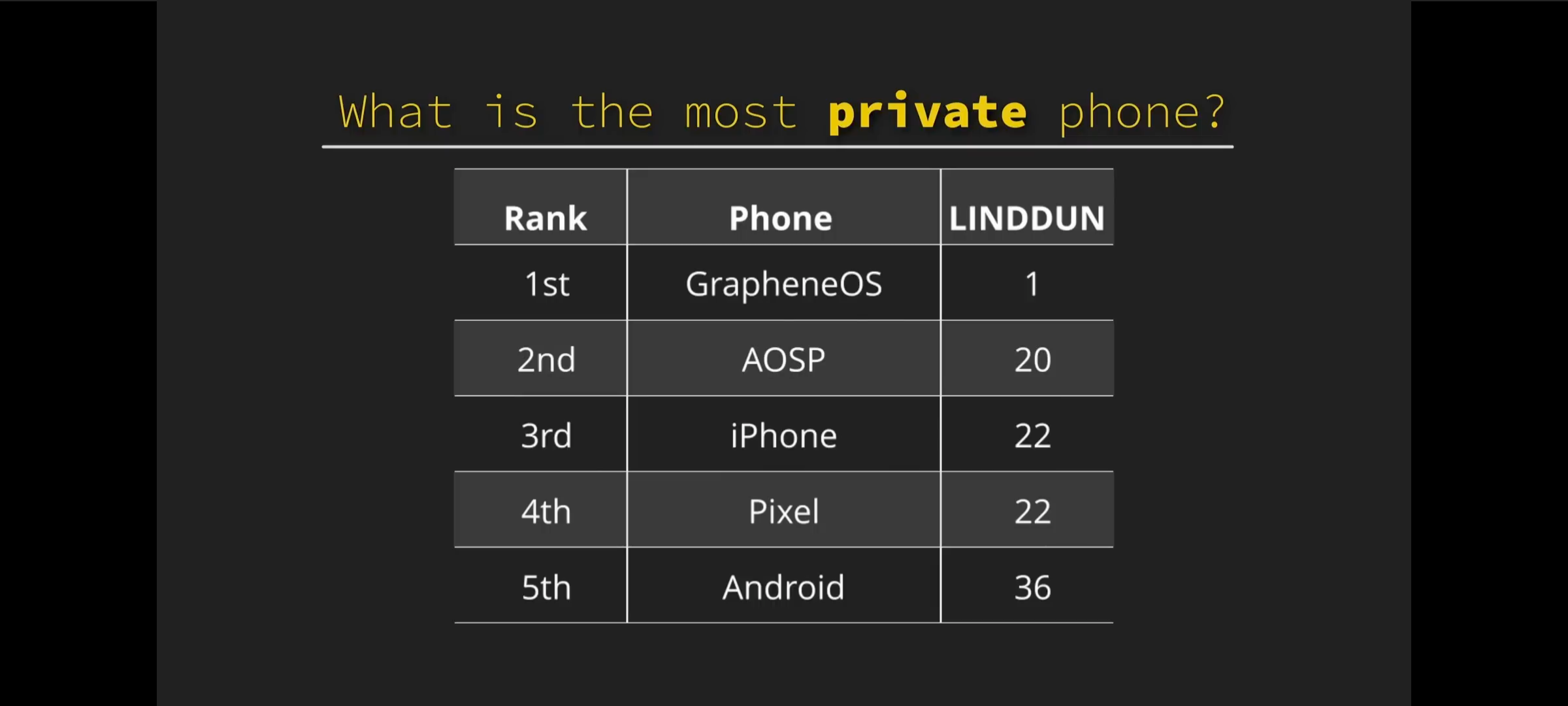this post was submitted on 13 Nov 2024
62 points (91.9% liked)
Privacy
31963 readers
309 users here now
A place to discuss privacy and freedom in the digital world.
Privacy has become a very important issue in modern society, with companies and governments constantly abusing their power, more and more people are waking up to the importance of digital privacy.
In this community everyone is welcome to post links and discuss topics related to privacy.
Some Rules
- Posting a link to a website containing tracking isn't great, if contents of the website are behind a paywall maybe copy them into the post
- Don't promote proprietary software
- Try to keep things on topic
- If you have a question, please try searching for previous discussions, maybe it has already been answered
- Reposts are fine, but should have at least a couple of weeks in between so that the post can reach a new audience
- Be nice :)
Related communities
Chat rooms
-
[Matrix/Element]Dead
much thanks to @gary_host_laptop for the logo design :)
founded 5 years ago
MODERATORS
you are viewing a single comment's thread
view the rest of the comments
view the rest of the comments


The tin can phone inherently provides end-to-end encryption. The acoustic signals, which are essentially longitudinal mechanical vibrations, travel directly through a taut string or wire. This physical medium ensures that the sound waves are converted into mechanical vibrations at the transmitting end and reconverted into sound at the receiving end, effectively eliminating any possibility of electronic eavesdropping or interception.
One of the most significant advantages of the tin can phone is its complete absence of a digital footprint. Unlike modern telecommunication devices that rely on electronic signals and data packets, tin can phone operates purely on mechanical principles. This means there are no digital records, metadata, or logs that can be hacked, traced, or subpoenaed.
The simplicity of the tin can phone renders it immune to a wide array of cyber threats. There are no software vulnerabilities, no firmware to update, and no risk of malware or ransomware attacks. The device's operation is entirely analog, relying on the physical properties of sound waves and mechanical vibrations, making it impervious to digital exploits.
The physical nature of the tin can phone also contributes to its security. The string must be kept taut for effective communication, and any attempt to tap into the line would be immediately noticeable due to the loss of tension and degradation of sound quality. This provides a built-in tamper-evident feature, ensuring that any unauthorized access attempts are easily detected. On top of that, if someone attempts a man in the middle attack, you should be able to see it happening during the call and act accordingly before any sensitive data gets exposed.
The operational simplicity of the string and cans phone is another layer of security. With no complex interfaces or user authentication mechanisms, the risk of user error leading to security breaches is virtually nonexistent.